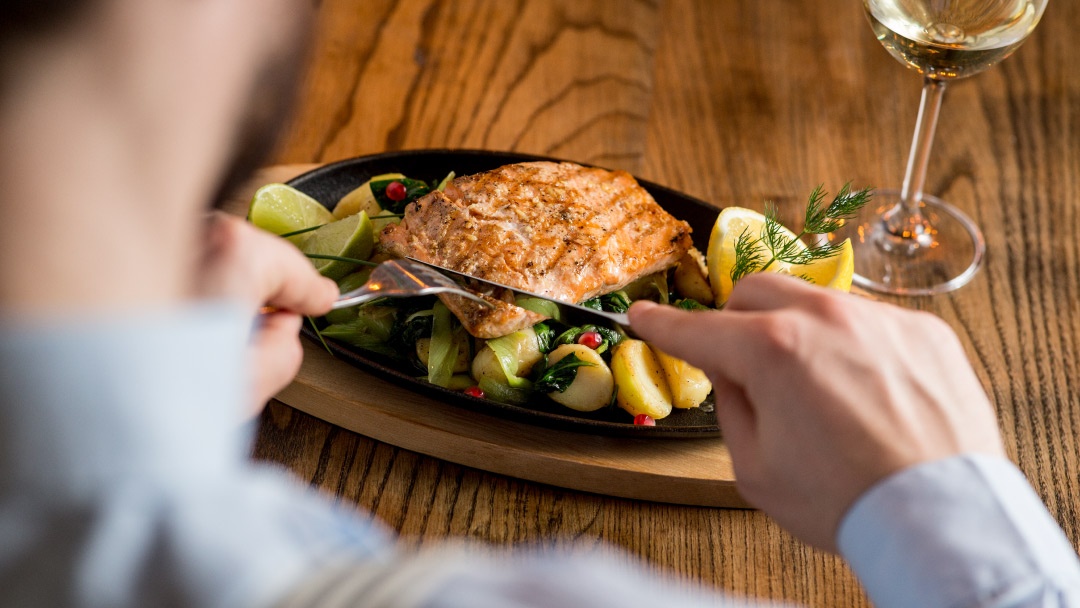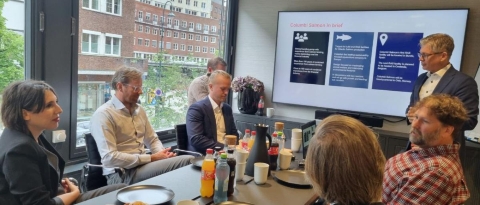
Aquaculture is emerging as a vital partner in the fight against malnutrition and in the promotion of healthy, sustainable diets.
Yet, according to Dr. Anna Roos from the University of Copenhaguen, this potential role of aquatic foods in enhancing human health remains largely untapped.
In an article published in Frontiers in Aquaculture, Dr. Roos underscores the urgent need for integrated research exploring the connection between aquaculture, nutrition, and human wellbeing-especially within the broader context of a green transition and global food security.
She reminds us that malnutrition, in all its forms, continues to affect billions of people worldwide.
Undernutrition is responsible for the deaths of three million children under the age of five each year, while overweight and obesity put over 2.5 billion people at heightened risk of conditions such as diabetes, cancer, and cardiovascular disease.
In this context, Dr. Roos argues that aquaculture “opens up new possibilities to improve the availability and accessibility of aquatic foods and, ideally, to support better dietary intake that meets nutritional needs.”
As nutrition experts are well aware, seafood is unique in its lipid composition-particularly rich in long-chain polyunsaturated fatty acids such as DHA and EPA. These facts, she notes, “possess health-promoting biological properties” and play a key role in reducing cardiovascular risk.
However, Dr Roos points out that “the nutritional profile of fish and other aquatic foods can vary significantly depending on species and farming conditions.” Factors such as feed composition, water salinity, and the species being farmed all influence their final nutritional value.



